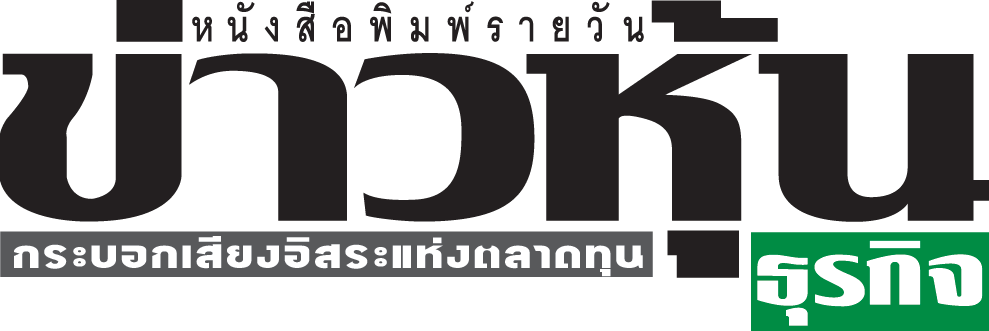
TU Celebrates World Tuna Day, Reaffirms Commitment to 100% Sustainably Sourced Tuna
TU reaffirmed its ambitious goal to achieve 100% sustainably sourced tuna as part of a broader commitment to the sustainability of the world’s oceans.
Thai Union Group Public Company Limited (TU) continues to work towards this strategy and exceeded its target of achieving a minimum of 75 percent by 2020, with 90 percent of its tuna sourced from fisheries that are either Marine Stewardship Council (MSC) certified or in a Fishery Improvement Project (FIP).
“As one of the world’s largest canned tuna providers, we have a responsibility to show leadership and set ambitious goals for improvement,” said Dr. Darian McBain, Group Director, Sustainability, at TU. “When we announced our Tuna Commitment in 2016, we did so with the goal of transforming tuna sourcing for the entire global seafood industry. We have made some great advancements towards this goal as we continue to deliver nutritious seafood while helping combat climate change through supporting dietary shifts.”
Further details of TU’s Tuna Commitment will be available in the company’s annual Sustainability Report, which will be published later this month.
TU continues to make progress across its operations as it words towards ensuring tuna stocks remain healthy for future generations while allowing the company to continue delivering healthy and nutritious products to millions of consumers around the world through our market-leading brands including Chicken of the Sea, John West, Petit Navire, Parmentier, Mareblu, King Oscar, and Rügen Fisch, and Thai-leading brands such as SEALECT.
Earlier this year, TU announced a pioneering commitment to supply-chain transparency in its global tuna supply chains through a partnership with The Natural Conservancy. This will involve TU deploying electronic monitoring on all of its partner vessels in its supply chains – including onboard video cameras, GPS, and sensors to automatically track activities onboard – and/or human observers.
TU is also continually working to improve labor and worker conditions in the fishing sector. Each year, TU conducts audits of tuna vessels in its supply chain under the company’s Vessel Code of Conduct, which was introduced in 2017 to provide clear guidance to the fishing vessels from which the Company sources.
TU is also 100 percent compliant with the International Seafood Sustainability Foundation (ISSF) science-based conservation measures to improve the long-term health of tuna fisheries that include traceability, prohibiting shark finning and the successful elimination of illegal, unreported and unregulated (IUU) fishing.


